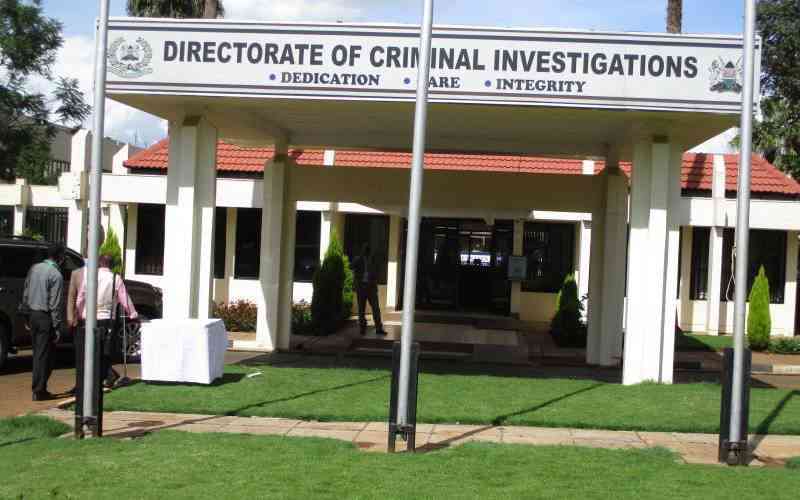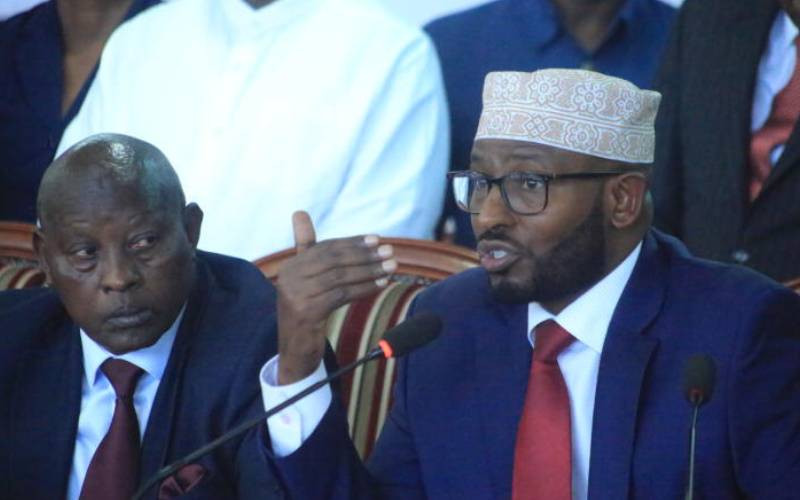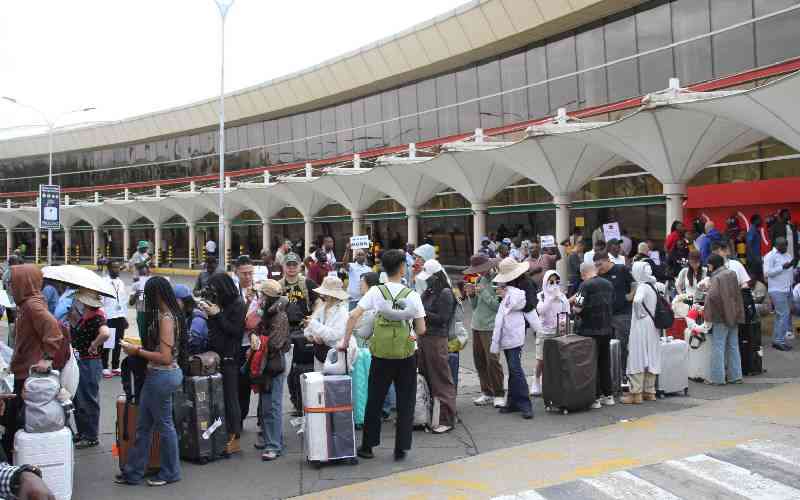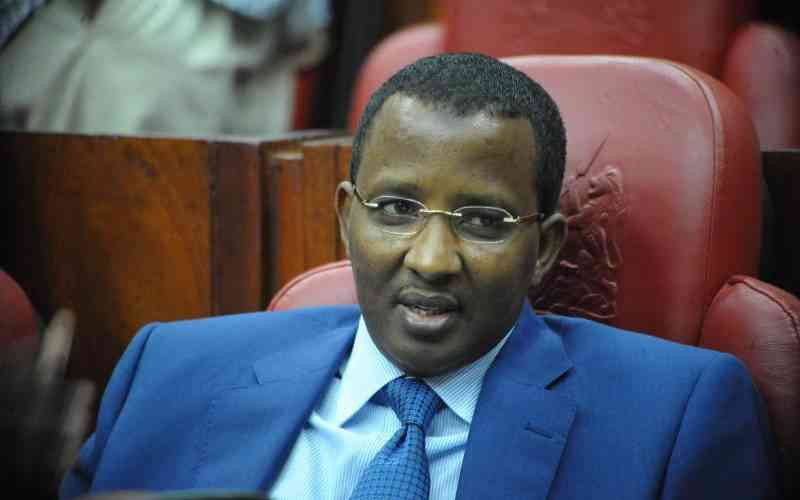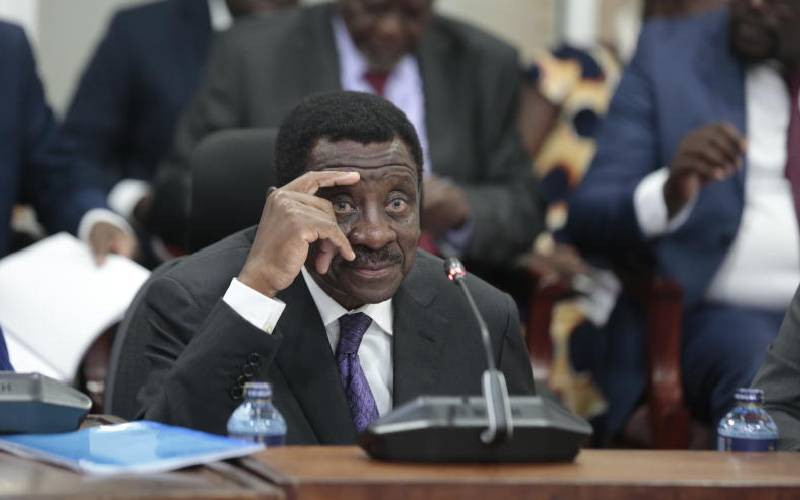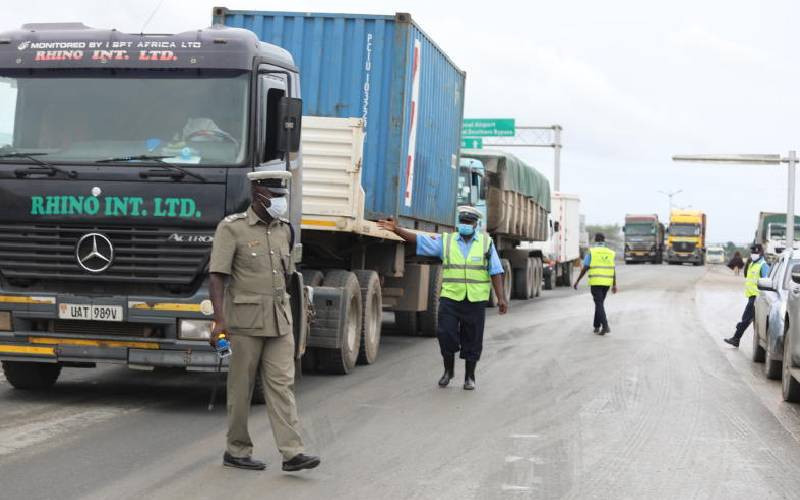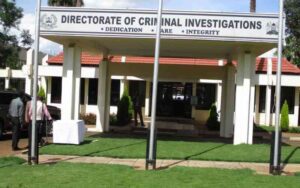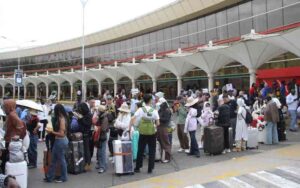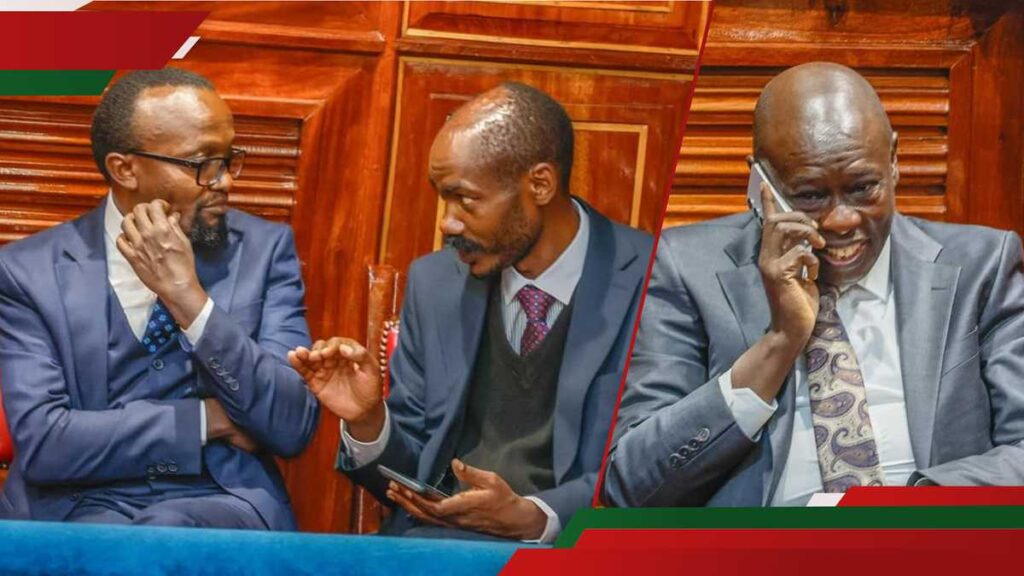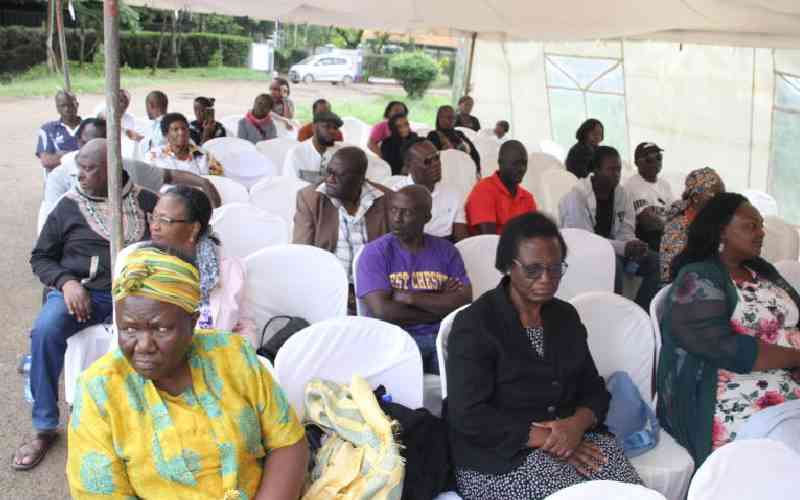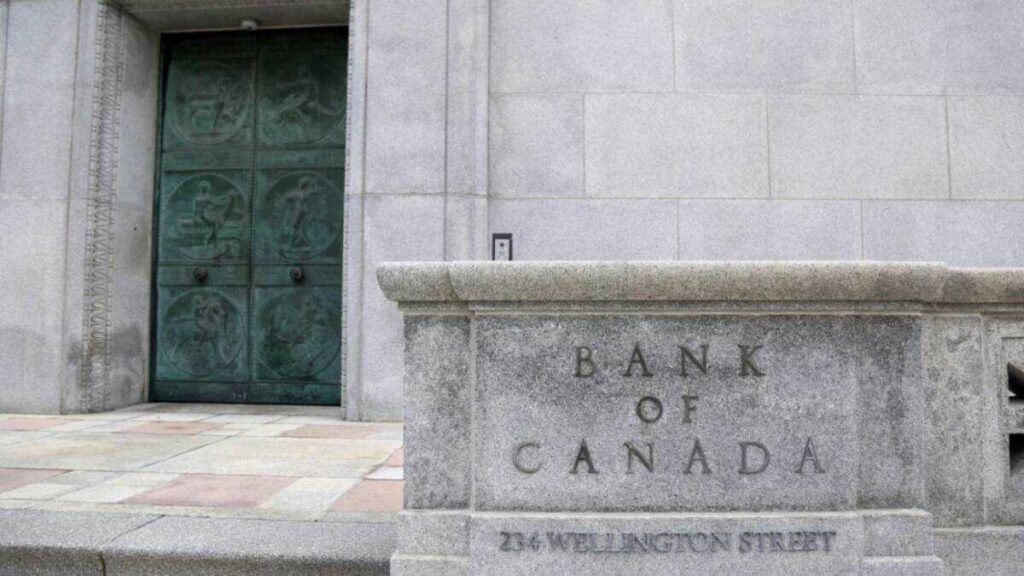Several counties have turned national highways into toll points, imposing several levies that have increased the cost of transport.
On major highways, counties have erected toll-like barriers and are charging exorbitant fees on trucks transporting goods from one part of the country to another.
The charges, disguised as “entry fees”, “distribution permits”, “parking charges”, or “branding and advertising fees” have triggered uproar in the transport industry.
Traders say the levies are unfair since the roads are built and maintained by the national government.
For the Kenya Transporters Association (KTA), the situation defies basic logic. “It makes absolutely no sense,” said Newton Wang’oo, the chairman.
“Counties cannot collect money for services they don’t provide. They are essentially taxing the national government’s roads,” he said.
One of the worst-hit highways is the Northern Corridor connecting Kenya to Uganda, Rwanda, Burundi, South Sudan, and the Democratic Republic of Congo.
Billions worth of cargo moves annually along this artery, and Kenya’s role as the region’s trade gateway rests on its efficiency and predictability. Traders say that the advantage is under threat as counties have arbitrarily introduced charges, which can frustrate trade and divert business to Tanzania’s Central Corridor.
“By turning national highways into toll points, counties are undermining the spirit of the Constitution and frustrating regional trade,” said KTA.
Article 209(5) of the Constitution prohibits counties from introducing taxes or charges that undermine national economic policies, prejudice inter-county commerce, or restrict the free movement of goods.
Examples of these charges are glaring. Migori charges Sh500 “border entry fee” per truck while Marsabit collects Sh1,000 from vehicles heading to or from Ethiopia.
Tana River has a Sh2,500 “entry/parking fee” on trucks passing, Kajiado demands Sh2,000 as a transit fee, while Kilifi and Kwale charge Sh500 and Sh2,500, respectively.
Machakos has introduced a Sh2,500 annual registration fee for trucks operating within its borders. Mombasa levies Sh7,000 charged per truck ferrying tea to Mombasa.
Stay informed. Subscribe to our newsletter
According to the Tea Board of Kenya Chief Executive Willy Mutai, for every 21,000 kilos being ferried to Mombasa, farmers lose Sh0.5 of their bonus to Mombasa County.
“There are almost 400,000 trailers coming to Mombasa from upcountry. “It is a huge cost to the farmers’ bonus,” said Mutia.
The situation is worsened by counties extending the practice into branding and distribution permits. Truckers are compelled to pay between Sh60,000 and Sh150,000 annually per vehicle, fees duplicated across counties, even when trucks only deliver once in those regions.
“These multiple charges for the same thing by different counties have inflated transport costs that are passed on to consumers. It is a recipe for economic inefficiency,” said KTA.
Dr John Deng, Secretary General of the Northern Corridor Transit Transport Coordination Authority (NCTTCA), said Kenya risks losing its competitive edge due to the levies.
“Kenya has, unfortunately, become the hotspot for non-tariff barriers along the transit route. Truckers face more challenges here than anywhere else. Transit trucks should be identified and allowed a smooth passage,” Dr Deng said.
In an earlier interview, Agayo Ogambi, CEO of the Shippers Council of Eastern Africa (SCEA), cautioned that while counties have a legitimate right to raise revenue, they cannot do so by taxing movement on roads that do not belong to them.
“There must be a balance between revenue generation and trade facilitation. Counties should not impose levies that duplicate or contradict national government policy,” he said.
Sauti Nyaundi, a truck driver, said the taxes had taken a toll on their operations and earnings.
“From Mombasa to Malaba, I pay county fees at nearly every turn. By the time I get to the border, I have lost so much in charges that sometimes my trip makes no sense financially,” he said.



